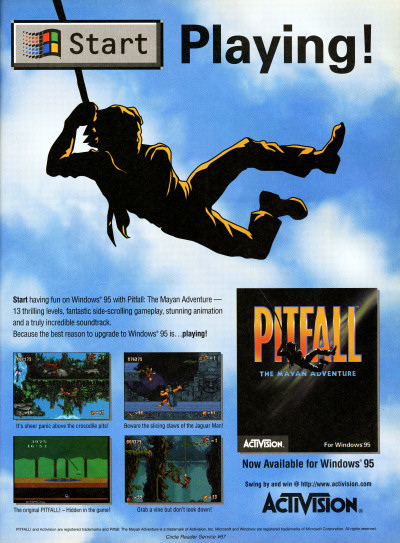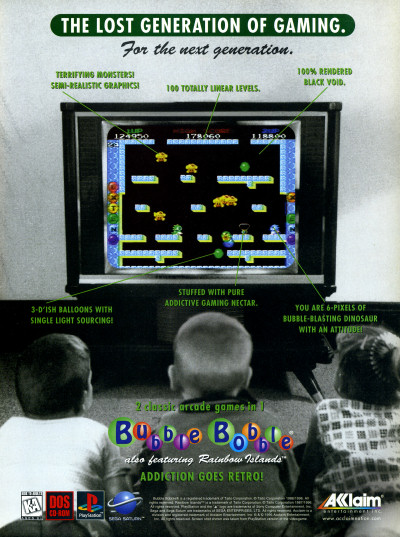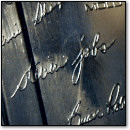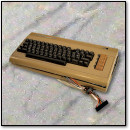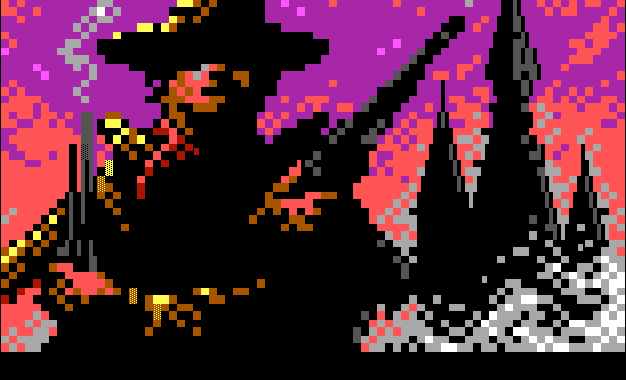
[ After hearing exciting news about a new BBS door game, I invited BBS door historian Josh Renaud of Break Into Chat to write up a post about it for VC&G. — Benj]
My name is Josh Renaud, and I run a BBS wiki and retrocomputing blog called “Break Into Chat.” I love old BBS door games, and I’m also fascinated by the ways today’s sysops are doing new things with old technology.
I’m here to tell you about a new BBS door game launching today. Its author is none other than Shooter Jennings, son of country music legend Waylon Jennings.
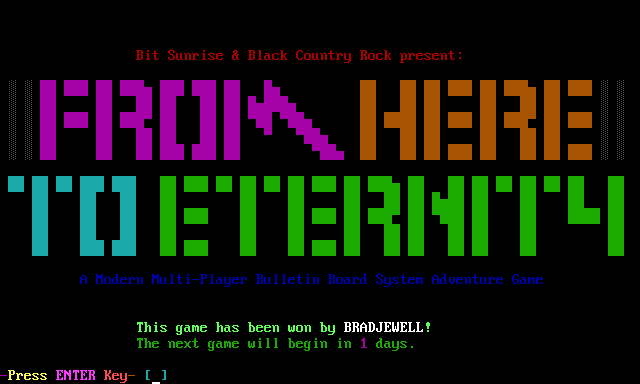 Shooter’s new game is called From Here to Eternity, and for the last several weeks, he has been beta-testing it on his BBS, which is called “Bit Sunrise.”
Shooter’s new game is called From Here to Eternity, and for the last several weeks, he has been beta-testing it on his BBS, which is called “Bit Sunrise.”
I first encountered Jennings when I came across his question on Reddit’s /r/bbs: “If I made a door game for money would you play it?”
I’m not into country music, so the username “ShooterJennings” didn’t mean anything to me. But his question grabbed my attention. I wanted to know what he had in mind. A “freemium” pay-to-play model? A registration fee for sysops like the old days? No. Jennings wanted users to pay a small fee to join his game. Then they would compete to win a jackpot.
We had some back and forth. He told me he had come across Break Into Chat, and had been blown away by one of my ANSI game demos. So I looked him up. It was my turn to be blown away. Jennings has a successful music career. He’s appeared in movies and on TV.
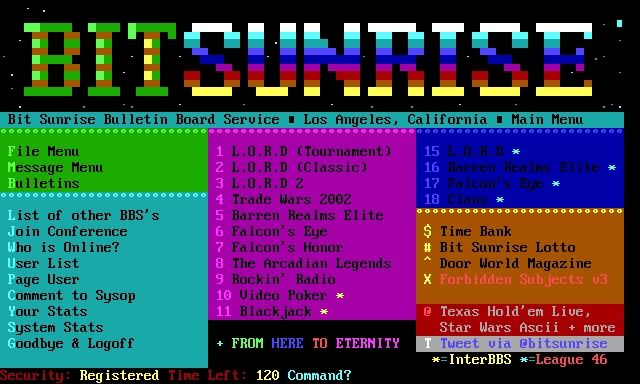 I wanted to know why he was spending time writing a new BBS door game, so I interviewed him at length about From Here to Eternity. Jennings explained how writing the game helped him through the loss of a close friend, and how important retrocomputing is to him (he started with an Apple IIe as a kid).
I wanted to know why he was spending time writing a new BBS door game, so I interviewed him at length about From Here to Eternity. Jennings explained how writing the game helped him through the loss of a close friend, and how important retrocomputing is to him (he started with an Apple IIe as a kid).
It’s a fascinating story. And his game is pretty cool too.
To play it, you can access Bit Sunrise BBS and play the game over the web using a browser-based client at bitsunrise.com. Or if you want a slightly more authentic experience, then fire up a terminal program like SyncTerm, and telnet to bitsunrise.com.
In an email announcing the game’s launch, Jennings promised that “the first player to pass through The Coil (the final gate) with all 20 artifacts will receive 1 Bitcoin (~$240) sent directly to their Bitcoin wallet!”
The game will last for 30 days, or until someone wins the game.
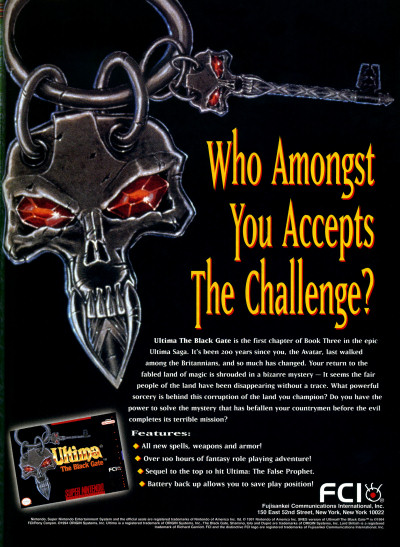 This keychain looks like it would hurt in your pocket
This keychain looks like it would hurt in your pocket 10 DAYS OF VINTAGE: Day 10
10 DAYS OF VINTAGE: Day 10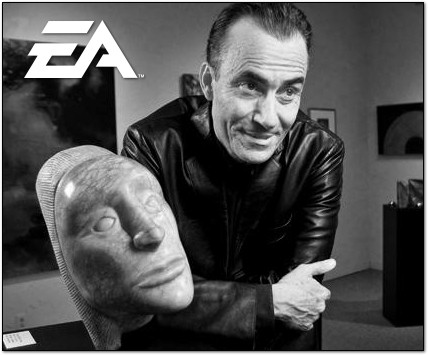

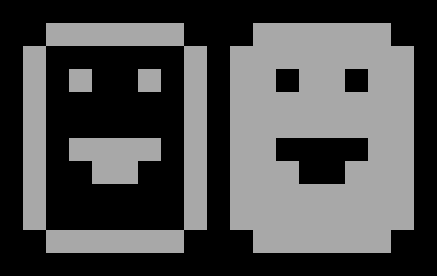
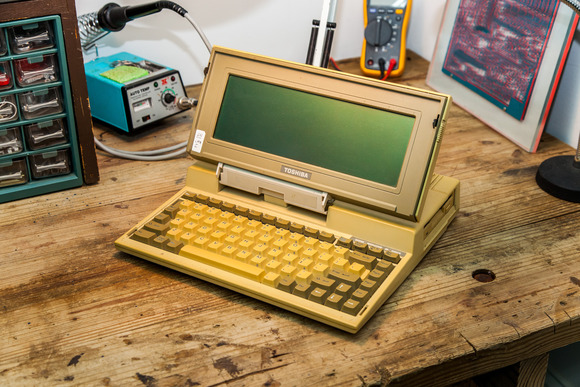
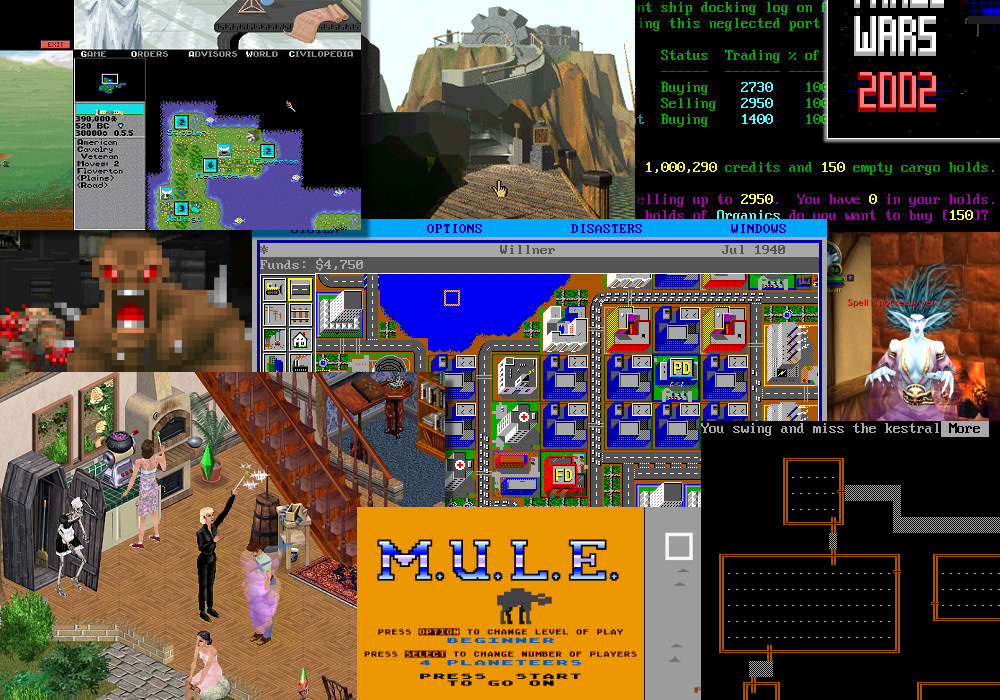
 In September 2008, I began working on an in-depth history of the early online virtual world called Lucasfilm’s Habitat for 1UP.com. After delays in hearing back from Chip Morningstar (one of the game’s co-creators) and an unexpected death in my wife’s family, the article got the kibosh. It’s probably for the best, because I barely knew what I was doing back then.
In September 2008, I began working on an in-depth history of the early online virtual world called Lucasfilm’s Habitat for 1UP.com. After delays in hearing back from Chip Morningstar (one of the game’s co-creators) and an unexpected death in my wife’s family, the article got the kibosh. It’s probably for the best, because I barely knew what I was doing back then.
 Shooter’s new game is called From Here to Eternity, and for the last several weeks, he has been beta-testing it on his BBS, which is called
Shooter’s new game is called From Here to Eternity, and for the last several weeks, he has been beta-testing it on his BBS, which is called  I wanted to know why he was spending time writing a new BBS door game, so
I wanted to know why he was spending time writing a new BBS door game, so 